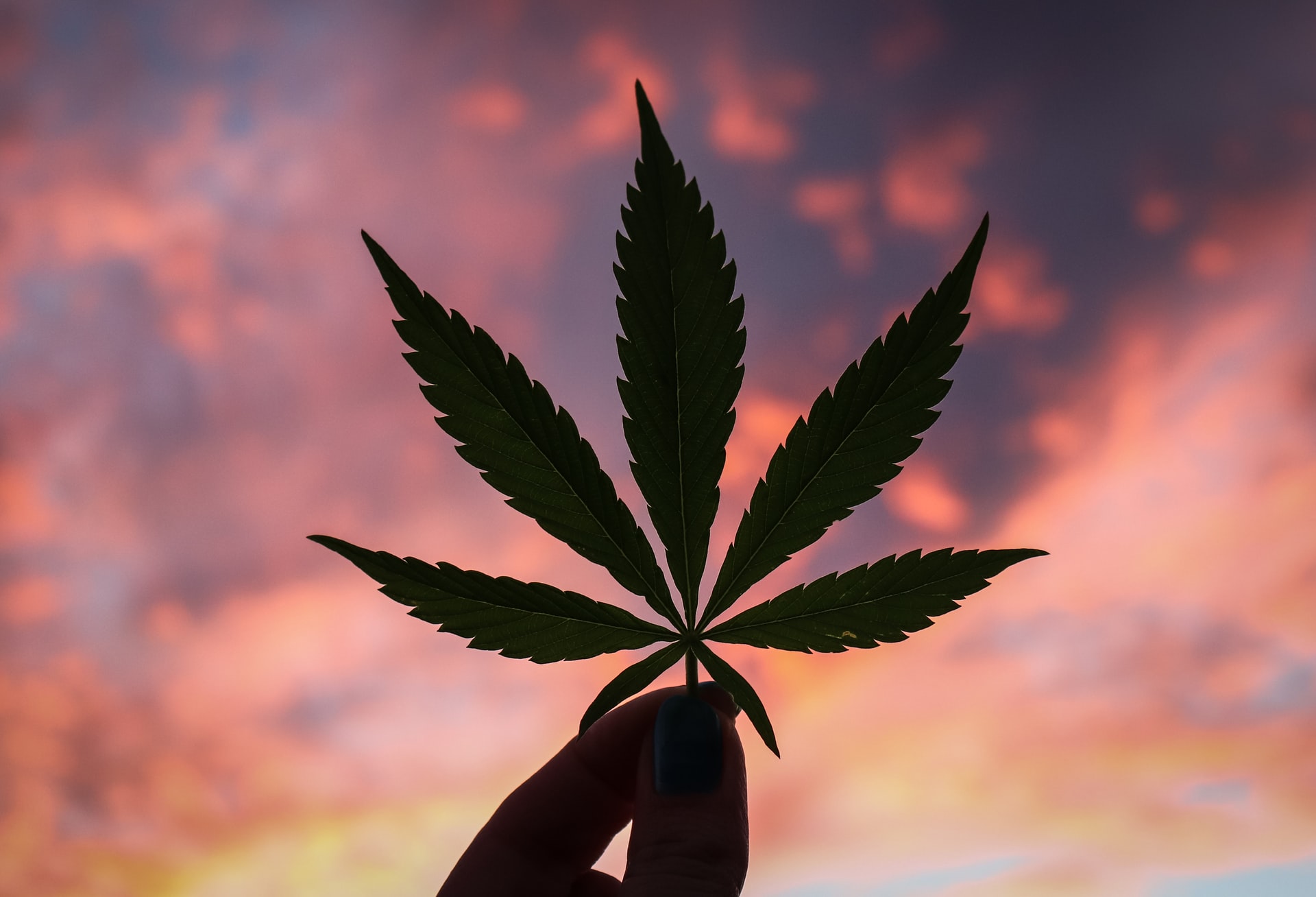Across the Caribbean, there has been a noticeable move towards the decriminalization of possession of small quantities of cannabis, more commonly known as marijuana. Marijuana refers to the dried-up parts of the Cannabis sativa or Cannabis indica plant, which contains the psychoactive (mind-altering) chemical tetrahydrocannabinol (THC) and other similar compounds.
Bermuda, Jamaica, Antigua and Barbuda, Saint Kitts and Nevis, Dominica, and Trinidad and Tobago have all either approved or enacted legislation to decriminalize the use of small amounts of marijuana.
For example, on 23 rd December 2019, Trinidad and Tobago, passed the Dangerous Drug (Amendment) Bill which decriminalized the possession of not more than thirty (30) grammes of cannabis or not more than five (5) grammes of cannabis resin. It also created offences which restrict the use of cannabis in specific instances. More recently in October 2020, the Parliament of Dominica approved a bill to decriminalize the possession of twenty-eight (28) grams (one ounce) or less of cannabis, applicable to persons aged eighteen and above.
The 2018 Annual Report of the Drug Information Network of Trinidad and Tobago found marijuana to be the second highest in substance use prevalence among citizens. As it pertains to minors, the report cited data from the Youth Training and Rehabilitation Centre which found possession of marijuana to be the most prevalent offence among 16 to 18-year-olds. Further, a 2013 National Secondary School Survey in Trinidad and Tobago revealed that 28.3% of school- aged children were curious about marijuana. In Dominica, the Government’s National Secondary School Drug Survey Reports for 2006 and 2010 show an 11% increase in lifetime marijuana use.
In Jamaica, the Situation Assessment Report, of Youths, 2001 found that 11% of students in grades 9, 11 and 13 used marijuana in the past month. Following the decriminalization of marijuana in 2015, the 2016 National Council on Drug Abuse (NCDA) found an increase in children first using marijuana, with one and four and one in ten persons consuming it in drink and edible form respectively. The drug treatment programme of the Ministry of Health noted a
50% increase in young people seeking treatment for marijuana usage in 2017.
Research as it relates to minors specifically and the evolving physiology of children’s brains explains why children and adolescents are uniquely susceptible to lasting damage from marijuana use. According to one study by Orr, Spechler, Cao et al., (2019) in the Journal of Neuroscience, even small amounts of cannabis consumed by a teenager can cause changes in the part of the brain involved in emotion-related processing, learning, and memory formation. The earlier a young person starts to use any mood- or mind-altering substance, the greater the possibility of developing a substance use disorder. While research is still ongoing, there is evidence to suggest that when youth and young adults whose brains are still developing are exposed to marijuana, there may be permanent effects on executive function, memory, and IQ.
The move to decriminalize use of small amounts of marijuana does not relieve parents and guardians of their duty to keep their child safe. For example, in Trinidad and Tobago, the Children’s Act – Part VII – Offences Relating to Dangerous Drugs, Tobacco and Alcohol makes specific provision to protect the well-being of children. Particularly, it is an offence for a person to expose a child or cause a child to be exposed to a dangerous drug or a substance having an effect similar to that of a dangerous drug; it is also an offence for a person to give or cause a dangerous drug to be given to a child, unless under the order of a medical practitioner. The law also prohibits using or causing a child to be used as a courier in order to sell, buy, or deliver dangerous drugs.
Similarly in Dominica, the Drugs (Prevention of Misuse) Act, Chap. 40:07, section 16 (5) makes it an offence for a person to use a child as a carrier whilst trafficking or being in possession of a controlled drug for the purpose of drug trafficking. However, no specific offence is in place to protect a child from exposure to a dangerous drug. Nevertheless, the Children and Young Persons Act includes a provision to remove children deemed to be in need of protection from any undesirable surroundings.
In contrast, the Child Care and Protection Act, 2004 of Jamaica makes no such specific provisions in regards to the protection of children from dangerous drugs—in fact the only relevant specific prohibition is the sale of intoxicating liquor or tobacco products to a child. Nevertheless, a child can be deemed to require care of protection if they are exposed to a dangerous drug such as marijuana, in accordance with Article 8 of the Child Care and Protection Act.
While the region’s drive towards the decriminalization of marijuana does not decriminalize possession by a child—that is a person under the age of 18 years—the protection of minors from marijuana exposure—whether first or second-hand —must be considered. The research clearly demonstrates that marijuana exposure can negatively impact children’s growing and developing brains. It is arguable that parents and guardians’ responsibility to protect their children and ensure their well-being includes exposure to dangerous drugs. The region’s laws must be developed with both adults’ possession and use rights and the protection of children in mind. Trinidad and Tobago as well as Dominica have taken some steps in this direction, but further development is required across the region as more countries continue to decriminalize marijuana in small amounts.

